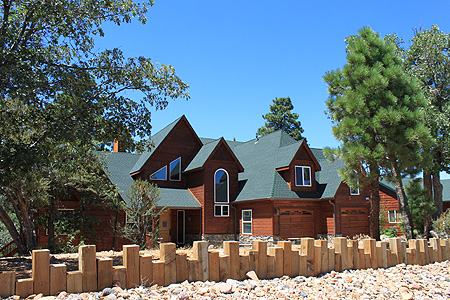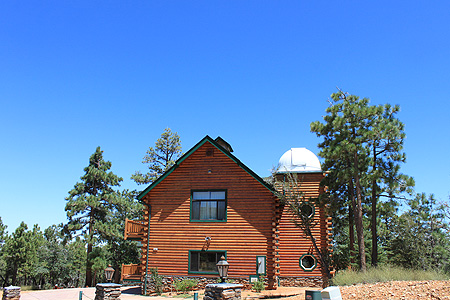With the housing bubble burst, the real estate market has returned to a “back to basics” mentality. The days of creative financing and piggyback loans are over. The credit bar has been raised and there are more obstacles to overcome in making a purchase.
Cash is still king. The trick is to balance the amount of your down payment with a reasonable monthly mortgage payment. Depending on the size of the down payment, you can generally expect to pay between .75% and 1.15% of the purchase price for your monthly mortgage.
There are several areas where a cash reserve will be important. Besides the down payment, cash will be needed for moving, property taxes, title insurance, appraisal and closing costs. It’s suggested that you also put away two to three months of expenses as a reserve. A general rule of thumb is to purchase a house that does not exceed three times your combined annual incomes.
There are several kinds of home loans available: Conventional, FHA and VA loans.
Conventional loans are based on Debt to Income Ratio (DTI). Usually it lands between 30 and 35% of your gross income, unless you are carrying other debt. These loans typically expect a 20% cash down payment. If you take a loan with less than 20% down, it is a common practice for the lender to require private mortgage insurance.
A loan from the Federal Housing Administration requires far less. This loan is excellent for people with less than perfect credit. There are restiction, FHA loans are only for owner occupied primary home buyers. The advantage to this type of loan is, you may use money received as a gift (for example, from your parents) for the deposit.
If you are a Veteran, you may qualify for a loan from the Veteran’s Administration. These loans require zero down payment and no private mortgage insurance. The downside is that this type of loan can’t be discharged in case of bankruptcy.
Generally the less you put down, the less a lender is likely to loan you. If you can manage 20% down, the interest rate will be better and your monthly payments will be lower. Even though some of these loans are enticing, it is important to remember that the more cash up front, the less is paid over the life of the loan.
More Real Estate News;
- Difference Between Deposit and Downpayment – DEPOSIT: Typically, but not always, when you make an offer to purchase a property, the owner and the listing agent will expect you to provide a deposit in the form of a bank draft, a certified or certifiable cheque, or money order.
- Down Payment – The answer to this question is: “It depends”. These days however, you can start at zero and go to whatever money you can afford to put down…









Another layer to this is whether the property is being purchased (or refinanced) as a primary residence, 2nd home or investment property. As mentioned above, FHA loans are only available as a means to financing your primary residence, so you are going to use conventional financing for 2nd home or investment property purchases. For these scenarios, FNMA requires a minimum of 10% down on purchases with conforming loan amounts ( $417,000 but less than the existing loan limits (specific to each State/County). Here’s a link to FNMA’s eligibility matrix: https://www.efanniemae.com/sf/refmaterials/eligibility/pdf/eligibilitymatrix.pdf
All said, it is a great time to be financing property. Rates are low and cheap and there are still many products out there to satisfy buyer demand.